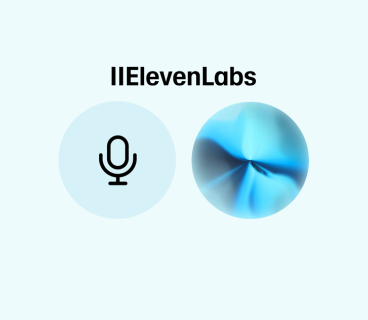A new study has revealed that the number of incorrect answers provided by ChatGPT, Perplexity, and other popular AI-based chatbots has nearly doubled over the past year. The research, conducted by NewsGuard, shows that AI models still struggle to distinguish accurate information from misinformation.
Researchers tested 10 different popular chatbots by feeding them deliberately false information and asking related questions. Results showed that the overall rate of incorrect answers rose from 18% in 2024 to 35% in 2025.
- Pi (Inflection): Provided false information as accurate in 57% of cases.
- Perplexity: Error rate surged from 0% to 47%.
- ChatGPT: Wrong answers increased from 33% to 40%.
- Grok: Rose from 13% to 33%.
According to the study, the most accurate chatbots were Anthropic’s Claude (10%) and Google’s Gemini (17%). Notably, Claude’s error rate has not increased since 2024.
Researchers believe the main reason for the rise in misinformation is that chatbots no longer refuse to answer questions when they lack sufficient data. While in 2024 some models declined to respond to certain queries, by 2025 they were answering 100% of questions—often producing incorrect results.
Although many of these services now include internet search capabilities, the presence of source links does not guarantee the reliability of the information. The study highlights that despite the rapid advancement of AI, its fact-checking capabilities remain weak.







